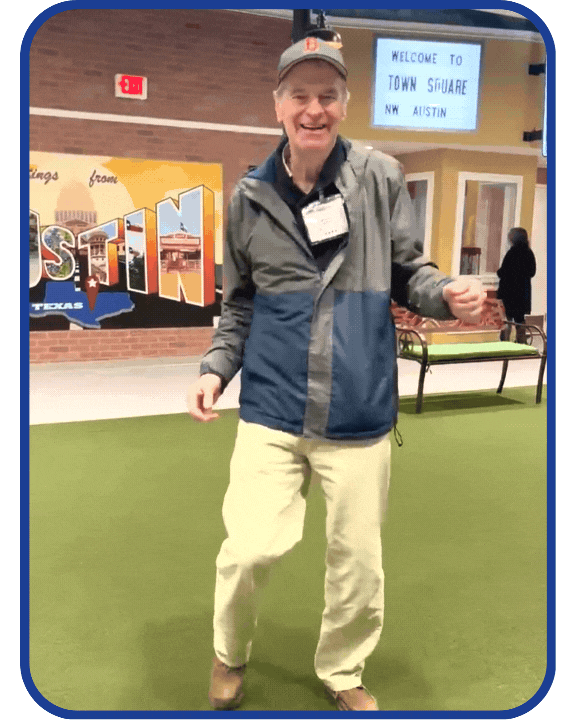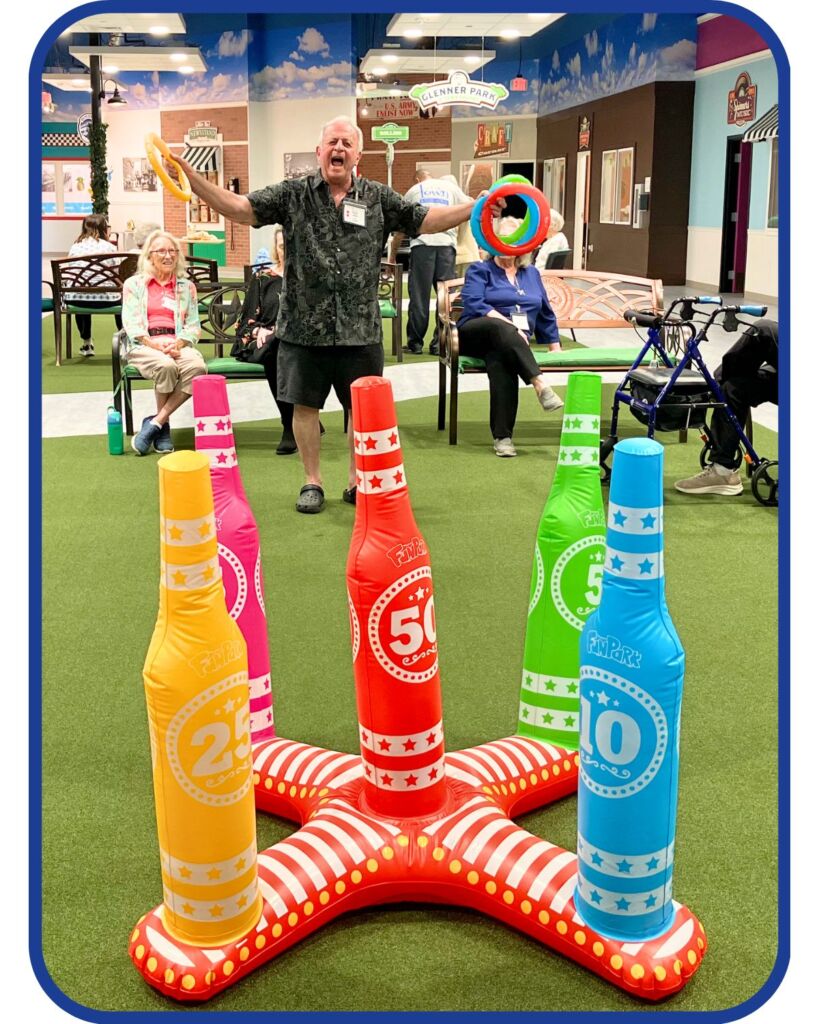Understanding and Managing Seasonal Depression in Seniors and Those with Dementia
The winter months bring shorter days, colder weather, and fewer opportunities to enjoy the outdoors. For seniors and caregivers alike, these changes can affect mood and energy. For many seniors, these shifts can lead to Seasonal Affective Disorder (SAD), a type of depression that occurs at the same time each year. For seniors living with dementia, the effects of SAD can be even more pronounced.
As a caregiver, understanding SAD and its impact is the first step toward creating a supportive environment for your loved one. This blog will explore what SAD is, why it affects seniors—especially those with dementia—and how caregivers can help prevent and manage its effects.
What Is Seasonal Affective Disorder (SAD)?
Seasonal Affective Disorder is a form of depression that occurs during specific seasons, most often in the fall and winter. SAD is thought to result from a combination of factors, including:
- Reduced Sunlight: Shorter days disrupt the body’s circadian rhythm and can lower serotonin levels, leading to mood changes.
- Isolation: Winter weather often keeps people indoors, reducing opportunities for social interaction.
- Vitamin D Deficiency: Limited sunlight decreases the body’s natural production of Vitamin D, which plays a role in mood regulation.
Why Caregivers Need to Be Aware of Seasonal Depression
For caregivers, understanding the signs of SAD in seniors is essential because depression can often go unnoticed or be mistaken for other conditions. In seniors with dementia, these symptoms may blend with cognitive impairments, making it harder to detect changes in mood or behavior. Research shows that nearly 40% of individuals with Alzheimer’s disease and 20% of caregivers experience significant depression, with rates often rising in winter months.
Signs and Symptoms of Seasonal Depression in Seniors
The symptoms of SAD are similar to other forms of depression but are tied to seasonal changes. Watch for:
- Persistent sadness or feelings of hopelessness
- Fatigue or lack of energy
- Changes in appetite (often increased cravings for carbohydrates)
- Oversleeping or difficulty staying awake
- Loss of interest in hobbies or activities
- Difficulty concentrating or increased irritability
Why Seniors Living with Dementia May Be More Susceptible to Seasonal Depression
Seniors with dementia are particularly vulnerable to Seasonal Affective Disorder (SAD) due to pre-existing brain chemistry imbalances that can amplify the effects of reduced daylight hours. This heightened sensitivity to seasonal changes can disrupt mood regulation and make symptoms of depression more pronounced. Additionally, shorter days and darker evenings often worsen sundowning, where confusion and agitation increase in the late afternoon and evening. Studies suggest that the colder months not only intensify sundowning but may also reduce cognitive abilities in older adults with dementia, creating unique challenges for caregivers during this time.
Practical Tips for Managing Seasonal Depression in Seniors
While SAD is challenging, there are effective ways to manage it and improve quality of life during the winter months. Here are some strategies for caregivers:
Increase Exposure to Light
- Encourage time spent outdoors during daylight hours.
- Use light therapy boxes designed to mimic natural sunlight (consult a healthcare provider first).
- Open blinds or sit in rooms with large windows to maximize natural light.
Promote Social Interaction
- Plan visits with family and friends or arrange for virtual calls.
- Consider adult day programs, like Town Square NW Austin, where seniors can socialize in a warm, welcoming environment.
Establish a Consistent Routine
A consistent routine is essential for seniors, especially for those with dementia. Disruptions can be distressing, and seasonal changes, like Daylight Saving Time, can lead to increased agitation or confusion. To help keep your loved one calm, aim for predictable mealtimes, wake-up times, and evening activities. Here are some tips:
- Offer calming activities close to sunset, such as listening to soothing music or engaging in familiar crafts.
- Maintain a steady bedtime routine to signal when it’s time to wind down for the evening.
Encourage a Healthy Lifestyle
- Provide nutrient-rich meals with a focus on foods that boost energy and mood.
- Incorporate gentle exercises, such as yoga or chair aerobics, to increase serotonin levels.
Leverage the Power of Music
Music can be a powerful tool for reducing symptoms of both dementia and SAD. Studies show that listening to familiar songs can lower anxiety and improve mood. At Town Square NW Austin, music is a cornerstone of our program, with regular karaoke days, sing-alongs, and other opportunities for seniors to engage with music they love.
Consult Healthcare Professionals
- If symptoms persist, seek medical advice. Treatments like talk therapy, antidepressants, or light therapy may be recommended.
 How Town Square NW Austin Can Help
How Town Square NW Austin Can Help
Adult day centers like Town Square NW Austin are uniquely equipped to help seniors and their caregivers manage challenges like seasonal depression. Here’s how we provide support:
- Engaging Activities: Carefully curated activities keep our members engaged in the joyful aspects of daily living.
- Social Connection: Our Town Square community fosters meaningful interactions that build friendships and work to reduce feelings of isolation.
- Consistent Routines: Regular attendance provides stability and structure, which can lessen the effects of sundowning and improve overall mood.
- Music and Movement: Town Square NW Austin offers weekly opportunities to engage with music, including sing-alongs, karaoke, and even a little joyous rug-cutting.
Final Thoughts: You’re Not Alone
Navigating the cold and dark winter months can feel particularly overwhelming and isolating for caregivers and their loved ones. Here at Town Square NW Austin, we are ready to welcome you into our community. By taking proactive steps to address seasonal depression, you can help create a more comforting, joyful, and supported season for you and your loved one.
If you’re ready to learn more about how Town Square NW Austin can help your loved one thrive, contact us today to schedule a free tour.



